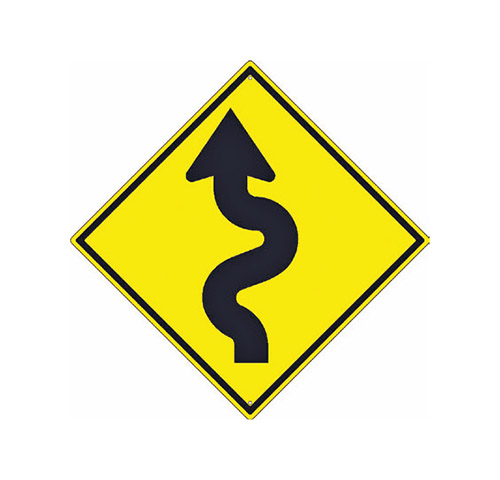
A few months ago, my wife and I were invited to a wedding at the Roemer Synagogue in Teaneck, New Jersey. As I usually do before taking a trip like this, I quickly typed in my destination into Waze once I was in the driver’s seat, and a few seconds later we were on our way – with each required turn being clearly broadcast through the Bluetooth device in the car.
We were making good time, and crossed the George Washington Bridge with plenty of minutes to spare. While on Route 4, Waze surprisingly told us to get off at Grand Avenue in Englewood—which is a couple of exits before Teaneck.
No problem, I thought. There must be traffic ahead, and Waze is redirecting us through the side streets to save time. So, we followed directions (my wife and I have a phrase we use for situations like these: in Waze we trust!).
However, a few blocks later we found ourselves in front of Congregation Ahavath Torah in Englewood – and the Waze lady happily informed us that we had arrived at our destination!
Dumbfounded, I checked my phone – and discovered that for some strange reason, the Roemer Synagogue address in Teaneck was programmed in Waze as the same address as Congregation Ahavath Torah in Englewood.
Using a workaround for a similar Teaneck address, we proceeded on our way – and made it in time for the wedding. But I was angry at myself for simply trusting that I would be directed to where I wanted to go, rather than checking the complete itinerary before I left to make sure if in fact this would be the case.
Since then, I have found that I am apparently not the only one who uses Waze in this fashion, expecting to arrive at a destination without first checking to see if it makes logical sense. (I’ve also since found out that Waze has corrected its error – rest assured that you will now be directed to the Roemer Synagogue in Teaneck if you type that in as your destination.)
I thought about this story earlier this month after reading Parshat Ma’asei, which begins with a detailed travelogue of the Israelites’ journey to the Promised Land, with no less than 42 individual stops recounted in the narrative.
Certainly if Moshe had Waze at the time, it would not have directed him to Eretz Yisrael via this circuitous route. I also know that Waze allows you to add a stop before you get to your destination, but I’m not sure it would have allowed for 42 different stops along the way.
But there is another important lesson here. In life, we tend to be focused on our ultimate destination, not necessarily the journey itself or how we plan to get there. And that is not necessarily a bad thing. Get us to where we need to go, in the shortest period of time. Waze is actually really good at that – and even will take into account traffic and other road conditions to redirect us when necessary.
However, it’s not enough to simply know that you will eventually get to your destination. We should always travel with a well-defined map and a purposeful direction in mind. In addition, there is great value in learning what you might see, hear, and discover along the way – and how that knowledge may affect your original destination plans.
With respect to travel, the folks at Waze have realized this as well. You might have noticed that Waze is now presenting you with various points of interest that appear along your route, with the option of making a pit stop before reaching your destination.
And while minimizing our travel time is certainly a worthy objective in determining which road to take, it might not be the only factor we should consider. There may be other opportunities we want to take advantage of while we plan our journeys. That’s true on the road – and it’s also true in life. Just ask Robert Frost.
Finally, as Rabbi Shlomo Riskin once pointed out, we must always remember our point of origin while we move forward in our lives. When Shai Agnon received the Nobel Prize, he was asked by a reporter where he was born, to which he responded that he was born in Jerusalem. Puzzled, the interviewer questioned him about this, as he thought that Agnon was born in Galicia. Agnon corrected him, “I was born in Jerusalem more than 3,000 years ago. That was my beginning, my origin. Galicia was only one of the stopping off points along my way back home.”
This is the real essence of our journeys – as long as we travel with our place of origin in mind, we will undoubtedly reach our destination. And when our points of origin continue to direct us in our travels, we give our lives meaning – through the many Torah lessons that we are able to absorb.
I’m still using Waze for all my car trips that I take. But I’m a lot more conscious now of the journey itself … and not just the destination.
By Michael Feldstein
Michael Feldstein writes occasionally for The Jewish Link. He can be reached at michaelgfeldstein@gmail.com












